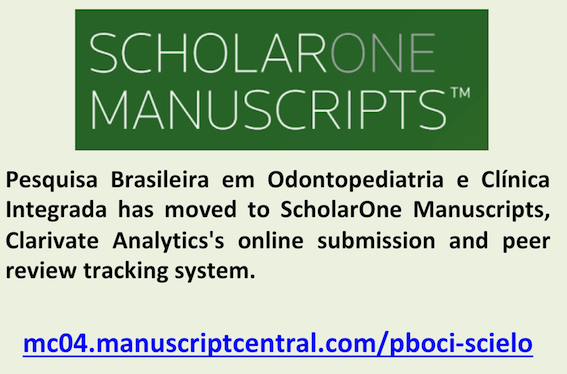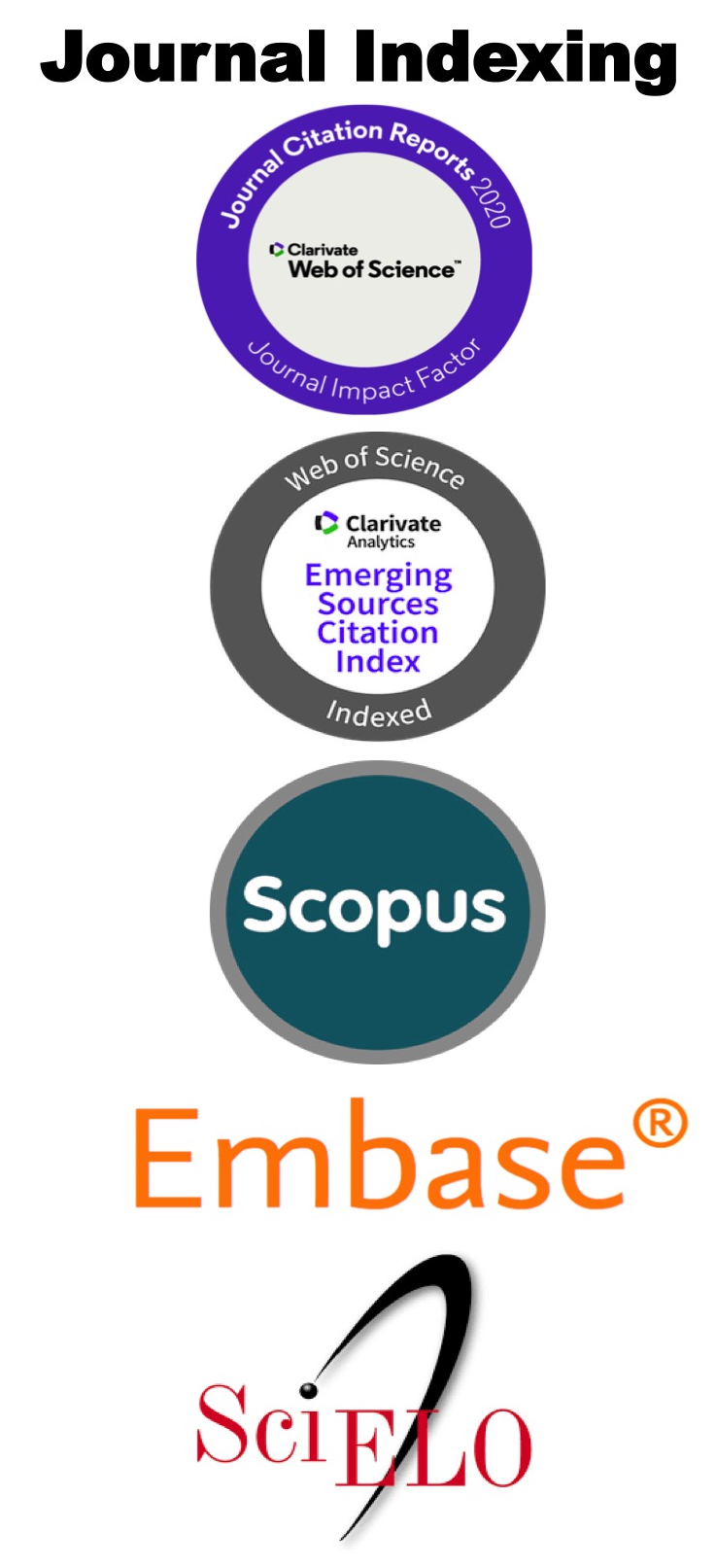Self-Perceived Preparedness to Work Independently Among Graduating Dental Students in Saudi Arabia: Traditional Versus Integrated Curriculum
Keywords:
Dental Curriculum, Dental Education, Dental Graduate, Self-AssessmentAbstract
Objective: To investigate the perceived preparedness of graduating dental students to work independently and to compare these perceptions between Traditional and Integrated curriculums of dentistry in Saudi Arabia. Material and Methods: A pretested self-administered questionnaire was filled by 258 dental students from four dental institutions across the country. The questionnaire covered 10 domains consisting of sixty suitable questions. Students were asked to mark their responses at one of five levels of performance for each of the selected skills ranging from 0 (not yet learned) to 4 (can do it confidently). Mean scores for each subscale of the Questionnaire were calculated by individual items and for all comparison, p≤0.05 was considered statistically significant. Results: 253 graduating students were included in the final analysis, out of which 108 belongs to the Integrated curriculum group and 145 from Traditional curriculum. Overall scores of Traditional curriculum students (176 ± 4.8) were more compared to Integrated curriculum students (161 ± 3.2), which are statistically significant. Integrated curriculum students had more self- perceived skill scores in Orthodontics, Conservative/Operative Dentistry & Endodontics, Dental Public Health and Drug & Emergency management group of clinical skills. Overall, perceived preparedness to practice dentistry for all participants is 60.5% and traditional curriculum students expressed more preparedness (68%) than Integrated curriculum (53%). Conclusion: Overall, preparedness to practice independently is unsatisfactory compared to other countries. The Ministry of Education (KSA) should take necessary actions to bridge the gap between training dentists and to be competent practitioners.
References
General Authority for Statistics. Kingdom of Saudi Arabia. [Available from: https://www.stats.gov.sa/sites/default/files/population_by_age_groups_and_gender_en.pdf. [Accessed on November 11, 2019.]
AlBaker AA, Al-Ruthia YSH, AlShehri M, Alshuwairikh S. The characteristics and distribution of dentist workforce in Saudi Arabia: a descriptive cross-sectional study. Saudi Pharm J 2017; 25(8):1208-16. https://doi.org/10.1016/j.jsps.2017.09.005
Al-Shalan TA. Dental education in Saudi Arabia: areas of attention. Saudi Dent J 2018; 30(4):271-2. https://doi.org/10.1016/j.sdentj.2018.06.005
Pogrel MA. Dental education in the US. Br Dent J 2014; 217(10):557-8. https://doi.org/10.1038/sj.bdj.2014.999
Mahal AS, Shah N. Implications of the growth of dental education in India. J Dent Educ 2006; 70(8):884-91.
Al-Madi EM, Celur SL, Nasim M. Effectiveness of PBL methodology in a hybrid dentistry program to enhance students' knowledge and confidence. (a pilot study). BMC Med Educ 2018; 18(1):270. https://doi.org/10.1186/s12909-018-1392-y
Al-Madi EM, AlShiddi M, Al-Saleh S, AbdelLatif H. Developing a dental curriculum for the 21st century in a new dental school in Saudi Arabia. J Dent Educ 2018; 82(6):591-601. https://doi.org/10.21815/JDE.018.066
Yiu CK, McGrath C, Bridges S, Corbet EF, Botelho M, Dyson J, et al. Graduates' perceived preparedness for dental practice from PBL and traditional curricula. J Dent Educ 2011; 75(9):1270-9.
Plasschaert A, Boyd M, Andrieu S, Basker R, Beltran RJ, Blasi G, et al. Development of professional competences. Eur J Dent Educ 2002; 6(Suppl 3):33-44. https://doi.org/10.1034/j.1600-0579.6.s3.5.x
Al-Damegh SA, Baig LA. Comparison of an integrated problem-based learning curriculum with the traditional discipline-based curriculum in KSA. J Coll Physicians Surg Pak 2005; 15(10):605-8.
American Association of Dental Schools. Competencies for the new dentist (as approved by the 1997 House of Delegates). J Dent Educ 2007; 71(7):926-8.
Yusof ZY, Jaafar N, Jallaludin RLR, Abu-Hassan MI, Razak IA. Malaysian dental students' competence in holistic care: what do students and employers think? J Dent Educ 2010; 74(12):1380-7.
Shetty VB, Shirahatti RV, Pawar P. Students’ perceptions of their education on graduation from a dental school in India. J Dent Educ 2012; 76(1):1520-6.
Yiu CK, McGrath C, Bridges S, Corbet EF, Botelho MG, Dyson JE, et al. Self-perceived preparedness for dental practice amongst students of The University of Hong Kong's integrated PBL dental curriculum. Eur J Dent Educ 2012; 16(1):e96-105. https://doi.org/10.1111/j.1600-0579.2011.00681.x
Greenwood LF, Lewis DW, Burgess RC. How competent do our graduates feel? J Dent Educ 1998; 62(4):307-13.
DeCastro JE, Matheson PB, Panagakos FS, Stewart DC, Feldman CA. Alumni perspectives on community-based and traditional curricula. J Dent Educ 2003; 67(4):418-26.
Arena G, Kruger E, Holley D, Millar S, Tennant M. Western Australian dental graduates' perception of preparedness to practice: a five-year follow-up. J Dent Educ 2007; 71(9):1217-22.
Rafeek RN, Marchan SM, Naidu RS, Carrotte PV. Perceived competency at graduation among dental alumni of the University of the West Indies. J Dent Educ 2004; 68(1):81-8.
Yusof ZY, Jaafar N, Jallaludin RL, Abu-Hassan MI, Razak IA. Malaysian dental graduates' competence in holistic care: what do graduates and employers think? J Dent Educ 2010; 74(12):1380-7.
Downloads
Published
How to Cite
Issue
Section
License
Copyright (c) 2020 Pesquisa Brasileira em Odontopediatria e Clínica Integrada

This work is licensed under a Creative Commons Attribution-NonCommercial 4.0 International License.



